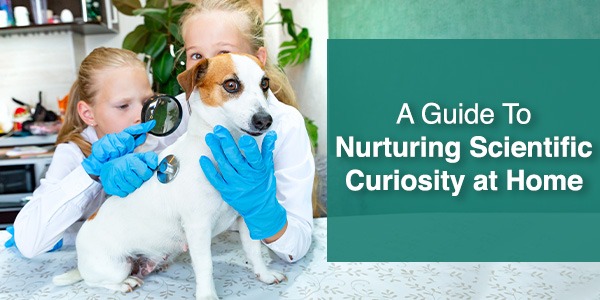
Do you agree that a curious person is more open-minded, kind, and compassionate? A quest to know more about what one sees or experiences leads to discoveries, and children have umpteen reasons to be curious. A thinking mind is more precious than endless physical wealth. If parents can teach children this, taking up challenges in real life will be easy. Here is a guide to nurturing scientific curiosity in children while at home.
Mistakes Are Good
When adults wear the gear of a guardian, children barely get a chance to make mistakes. And that itself is the biggest mistake. Unless children make mistakes, they are more or less in a blind spot. So do not overprotect them when they set off to learn and live.
A Science-friendly Atmosphere
Motivate children when they ask questions. To improve your child’s confidence, encourage them to seek answers by themselves. As parents, your guide to the right source of reliable information is all that matters.
Develop Critical Thinking
Let children use their freedom of thought in the right direction. Don’t stop when they reason or question well-established ideas. Allow children to use their reasoning skills to debate conventional ideas and biases to create a new dimension to boring conclusions.
Give Opportunities to Apply Learnings
At home, when children accompany adults in the kitchen or garage, they get hands-on experience about things they would otherwise have only bookish information. A stroll in a nearby park can also be experiential and informative as they observe plants, birds, and bugs. Connecting experiences with information makes learning fun and meaningful.